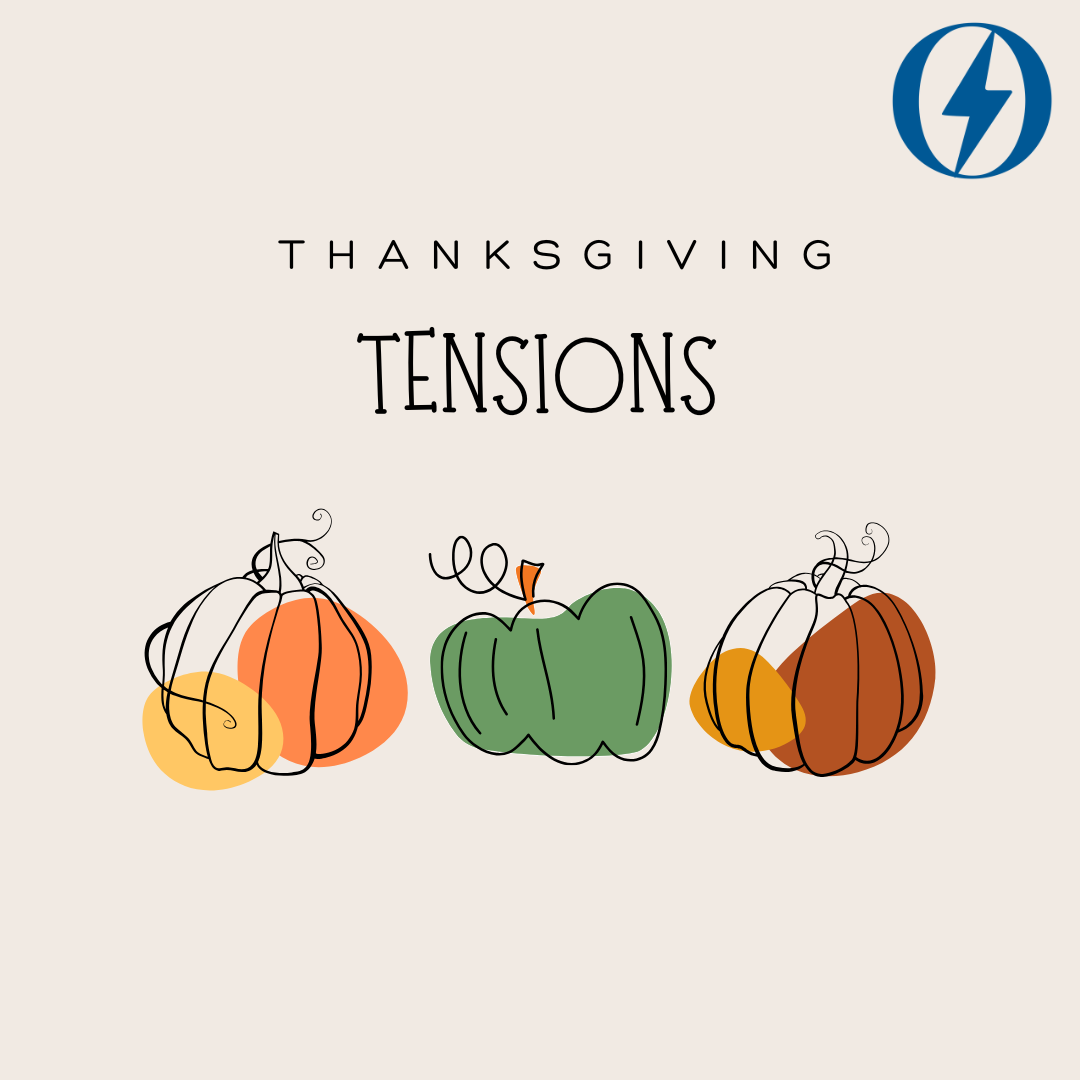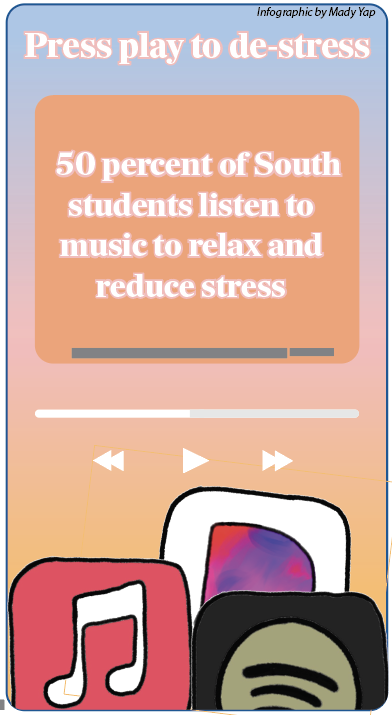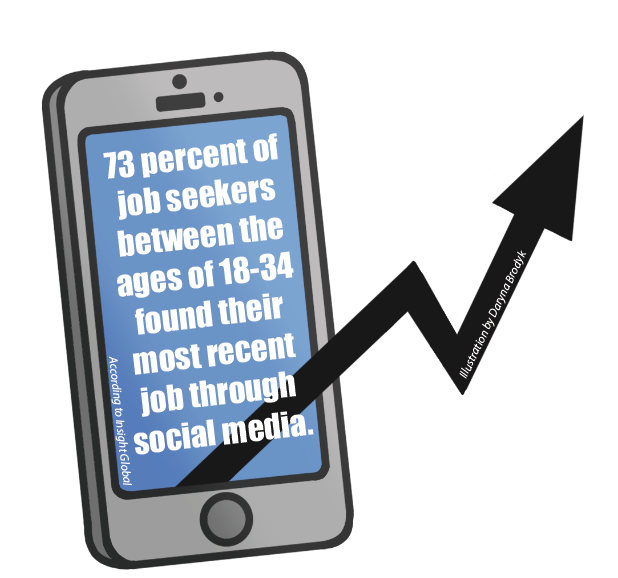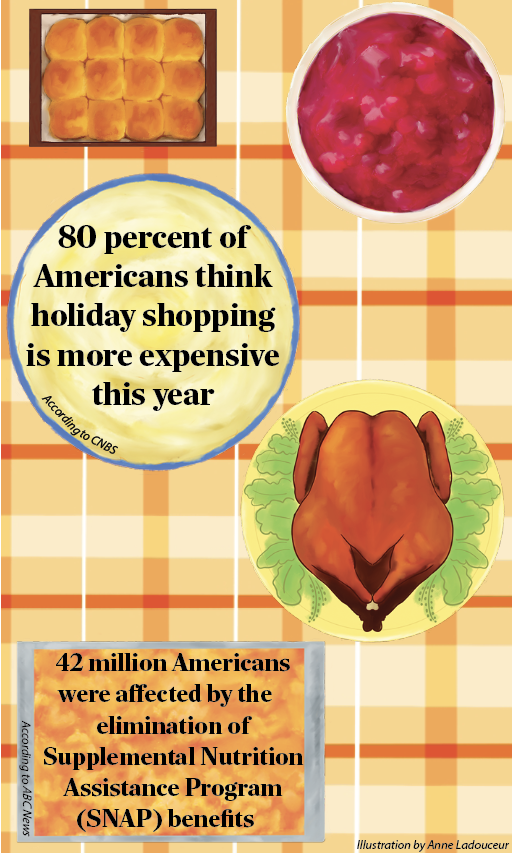How often do you hear someone use the words “skinny” or “fat” to describe someones’ body? I hear them everyday.
For example, I check my phone and notice a few texts from my friends. One of them asks us if we can go to McDonald’s for lunch, but before she asked us, she added a “warning”. “I am going to sound like a fatty,” she said.
I instantly felt bad.
The message had a lingering effect. I was now thinking about my own body when I would not have before, and I definitely did not want to go out for lunch. It saddened me that my friend felt guilty for wanting to eat a certain kind of food and made me wonder why she felt that way.
The words society uses to discuss bodies and beauty have become desensitized and viewed as a joke. All people, but especially students, should be careful about how they talk about body image to help society’s sensitivity towards the topic.
Social media is very prominent in current teenagers lives, as are the norms media creates, usually through reality being altered by influencers, building up unrealistic standards for their viewers. According to a survey by Consumer Reports, this has a massive impact; 59 percent of Americans find beauty filters troubling, causing concerns for positive body images in the youth.
I believe struggles with eating and body image are constantly in modern media, with influencers constantly flaunting a “perfect” body, which I find impossible to accomplish.
These impossible beauty standards in the media produce patterns of poor body image and confidence among viewers, according to Utah State University. The mental health struggles that come with a negative body image can lead to dangerous “solutions”, such as changing eating habits. Causes of body dysmorphia are associated with social media, for ages 16 to 18, according to the National Library of Medicine in 2023.
This impact is widespread as nine percent of Americans will have an eating disorder throughout their lifetime, according to the National Eating Disorders Association. Eating disorders can be caused by many things and can be life-altering by damaging one’s physical health and mental health.
Seeing my friends’ conversation made me all too aware of the insensitive words used when describing body types. These words are not to be tossed around lightly; you never know the impact you might make.
To add to students’ stress, Thanksgiving, a day centered around food, is in a few days. Students feel stress about eating during the holiday, despite the celebration’s joyful connotations, according to the University of Virginia’s Women’s Center.
Throughout the holiday and in their daily lives, students should be conscious of the language they use when discussing body and eating habits. If more students are careful and kind regarding eating culture, positive body image can become more normalized and everyone can feel more confident.
I hope that in the future my friends and I can eat wherever we want without thinking about our bodies in advance.








